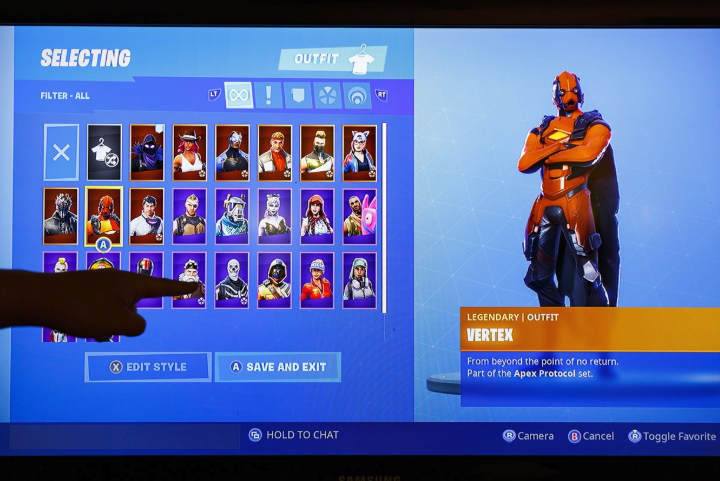The World Health Organization (WHO) recognized last year that millennials who play excessive amounts of video games could have a mental health condition. The disorder happens when gaming interferes with people’s daily lives.
A new Wall Street Journal report builds on video game addiction with youngsters and tells a story where these children are taking their parents credit cards and racking up some serious bills on in-game spending.
The mindset of a millennial addicted to video games is: steal their parents’ credit cards to buy digital goods, such as upgraded guns and new avatars. These in-game spending impulses are dubbed microtransactions, have become a very profitable business model for the gaming industry. But, at the same time, ruining the lives of many youngsters and causing financial stress on their families.
In-game spending has become so successful in the last five years that 2018 sales exceeded $93 billion, up from approximately $41 billion five years ago, according to Nielsen’s SuperData game research group.
Nathan Dungan, founder and president of financial-education firm Share Save Spend, told The Journal that “the danger with these purchases is that money turns magical. Children’s brains can’t process these virtual transactions because it’s not tangible to them.”
The Journal interviewed Ms. O’Connell, who one day noticed her son, Steven Flaxman, charged $1,500 for Xbox in-game purchases.
Steven told his mother that since the transactions were in digital coins, not dollars, he didn’t realize that his mother’s card would be charged.
“At first I was super angry with him. I was like, ‘How could you not understand this?’ But the coins look so fake and playful that you don’t realize it’s coming out of someone’s bank account. He didn’t get it. I took most of the blame myself because I didn’t notice it for so long,” she said.
O’Connell was shocked, and in disbelief that her son managed to spend all that money on digital guns. She contacted Microsoft who refunded her 90 days’ worth of charges, about $450, has since removed her card from the Xbox account.
A Microsoft spokesperson told The Journal that the Xbox gaming system has family settings that allow parents to regulate purchases.
Steven said it “feels a little weird” to spend his mother’s money on digital things but that buying cool weapons gives him a conversation piece when talking to his friends and improves his kill ratio.
Steven, like so many other millennials, are suffering from a gaming disorder, one where the WHO says is a “pattern of persistent or recurrent gaming behavior” in which people lose control and are overpowered by the game. In Steven’s case, it was his impulse buys of digital weapons that led him to make unauthorized transactions on his mother’s credit card that caused her to have financial stress.
In-game spending is gaining attention from lawmakers, regulators, and plaintiff’s attorneys. As part of a settlement with the Federal Trade Commission, Amazon in 2017 agreed to refund $70 million to customers who were charged for unauthorized in-app purchases made by a minor.
Last month, lawyers filed suit in U.S. District Court for the Northern District of California against “Fortnite” creator of Epic Games Inc. on behalf of an anonymous minor and his mother. Lawyers claim the game doesn’t include the proper security precautions that would give parents more oversight into in-game purchases and spending history.
Sen. Josh Hawley (R., Mo.) recently proposed legislation to prevent tech firms from selling items in video games that give players an edge. He compared the practice to gambling.
Young people are becoming increasingly addicted to video games, and in some instances, as we’ve reported before, it has triggered mental health issues that affect all aspects of someone’s life.
via ZeroHedge News https://ift.tt/2O808Qj Tyler Durden



